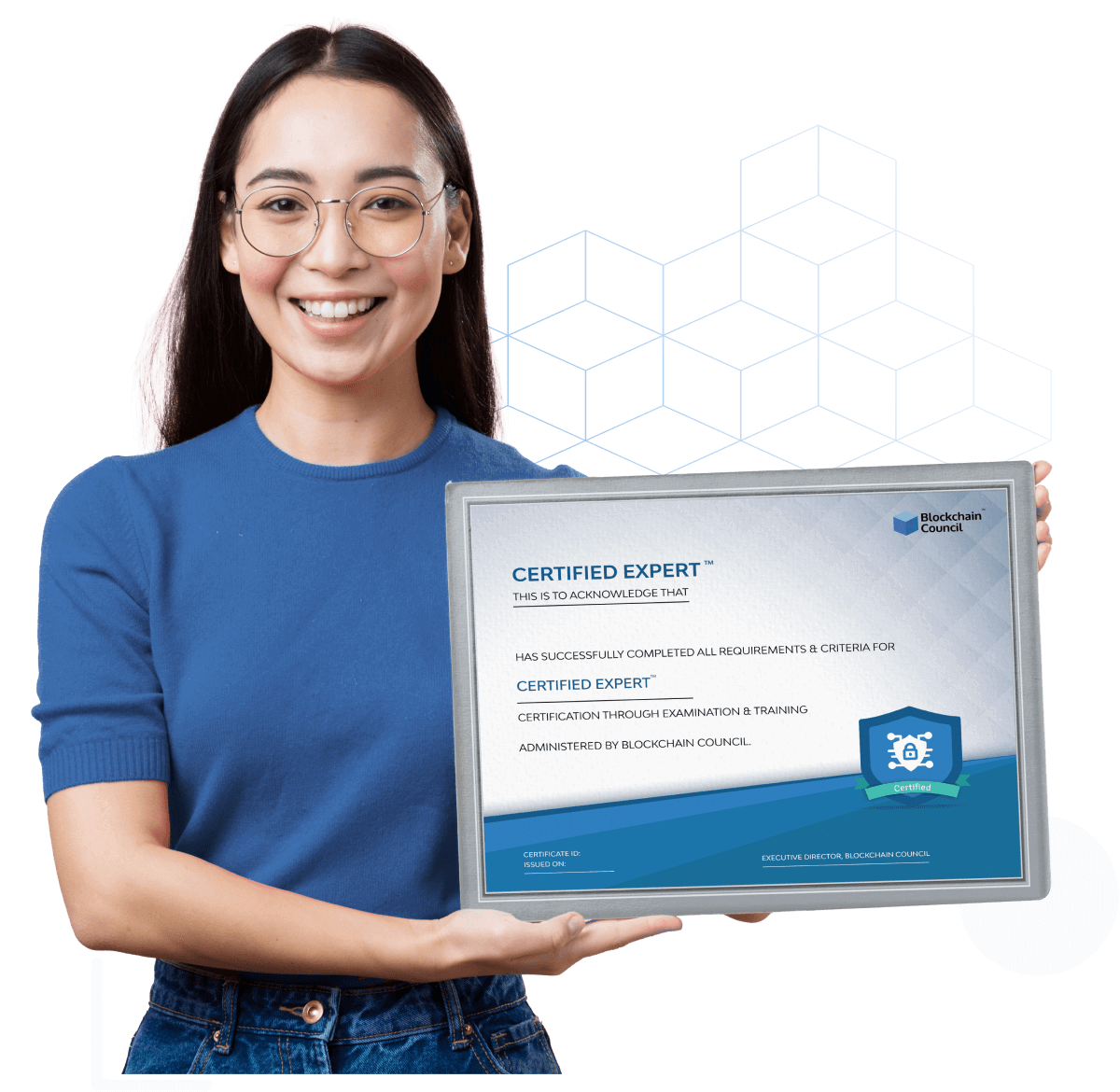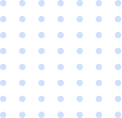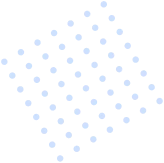Menu
Menu
₹27,999

Course duration
Exam
Access Mode
Certification Exam
VR Hand Animations and Action Based Input
Adding Local VR Player And Movement With Joystick and Oculus Local Avatar
Grabbing Objects
UI Interaction in VR
In-Game Debug Console For Oculus Quest
Recommend allocating 1 hour daily to complete the course in 12 days.
Though you can attempt the online exam anytime as per your convenience, we highly recommend attempting the exam within 10 days of course completion, as the subject will be fresh in your mind, and you get sufficient time to prepare/revise as well.
Followed by the certification session, an exam will be conducted for a total of 100 marks.
You need to acquire 60+ marks to clear the exam.
If you fail to acquire 60+marks, you can retake the exam after one day.
The maximum number of retakes will be three.
If you fail to acquire 60+ marks even after three attempts, then you need to contact us to get assistance for clearing the exam.
A Certified Virtual Reality (VR) Developer is an individual who has completed a certification course designed by industry experts that exposes them to end-to-end VR development in a beginner-friendly manner. This certification course covers VR fundamentals, creation using VR tools like Unity, introduction to C#, integrating VR hardware like Oculus, hands-on VR and Metaverse game development, creating Avatars & designing locomotion, making your virtual store in the Metaverse, basics of WebXR, and integrating virtual worlds with Blockchain technology.
Those interested in the rapidly growing field of VR and its applications across various sectors such as medicine, entertainment, gaming, education, architecture, real estate, and more should consider enrolling for the Certified Virtual Reality Developer certification. This certification can help individuals take their careers to the next dimension by equipping them with a sought-after skill in the current market.
A Certified Virtual Reality Developer is responsible for creating immersive 360-degree 3D environments that allow users to explore and interact with scenes and objects designed to appear authentic. They use VR tools like Unity, C#, and VR hardware like Oculus to develop VR experiences and games, create Avatars, design locomotion, and even create virtual stores in the Metaverse. They also work with WebXR and integrate virtual worlds with Blockchain technology.



A Certified Virtual Reality Developer is an individual who has obtained a recognized certification demonstrating proficiency in VR technology, including its fundamentals, VR development, and real-world applications. This certification validates their expertise in VR, making them highly competitive in the job market and paving the way for new career opportunities.
Individuals aiming to advance their careers in the field of VR can benefit from becoming a Certified Virtual Reality Developer. This includes professionals from industries such as gaming, entertainment, education, architecture, real estate, and more. Entrepreneurs and business owners looking to leverage VR technology for their ventures can also benefit from this certification.
There are no specific prerequisites for becoming a Certified Virtual Reality Developer, making it accessible to a wide range of professionals interested in gaining expertise in VR technology and its applications.
The duration of the Certified Virtual Reality Developer certification process may vary depending on the individual’s pace of learning. Please refer to the Blockchain Council’s official website for the most up-to-date information.
Please refer to the Blockchain Council’s official website for the most up-to-date pricing information on the Certified Virtual Reality Developer program, as well as any available payment options or discounts.
Yes, you can retake the certification exam if you don’t pass it on your first attempt. Please check the specific policies and guidelines provided by the Blockchain Council regarding the number of allowed attempts and any associated fees.
Some benefits of being a Certified Virtual Reality Developer include a comprehensive understanding of VR technology and applications, proof of expertise in the field, a competitive edge in the job market, potential for higher salaries, and access to increased job opportunities across various industries.

Solana has been a platform that has seen growing popularity recently as more and more…
The metaverse has become one of the most popular trends in the Blockchain space. Last…
When it comes to the world of technology news, one topic has dominated the conversation:…
Our world is constantly changing as we see new and innovative technological developments every day….
What is Metaverse Technology? It was in 1992 when Neal Stephenson’s science fiction novel called…
Metaverse is Web3 for some tech-savvy people, and vice versa for others! They cannot remove…
Top Metaverse Crypto projects If you’re concerned that you’ve missed the Metaverse bandwagon, don’t worry,…
MetaVentures Phuket is here with an event dedicated to The Metaverse, Digital Assets, and NFTs….
With the dramatic changes in the world over the last decade, technology never fails to…
Summary The Sandbox Metaverse is a virtual gaming world built on Blockchain technology. It allows…
Decentraland Decentraland is a virtual real estate platform built on Ethereum, offering users the ability…
The financial, digital, and physical worlds are getting increasingly intertwined with each other. By just…
Humans have always been curious about the unknown, unraveled, and unproven. We have this constant…
Backed by marquee investors, COMEARTH aims to become the “amazon.com of Web3” by removing entry…
We are living at a time when humanity is experiencing a significant shift. The internet…
You can easily understand the power an ‘idea’ holds when you see that financial magnates…
Imagine the scenes from action-packed science fiction films when heroes battle ferocious monsters or fly…
One of the best things about the future is that it is ‘Unpredictable.’ Coupled with…
If you were to ask a group of technical experts about their predictions for the…
Ever since we moved from the primitive era, we have experienced changes in our thinking,…
When Harry gifted a piece of virtual real estate to Elisa, his wife, as their…
The hype about the metaverse is real and it is slowly creeping into the world…
Thinking about the super success of Non-Fungible Tokens makes us realize how well we have…
Summary The Metaverse is an online imitation of reality where users can participate in various…
We bet you came across the news on the 8th of October 2021. Well, if…
Anyone who is even a bit aware of global development knows how this castle of…
The use of Metaverse in the different sectors is rising day by day. With the…
It is no longer unbelievable if technologists relate Metaverse technology to a VR setting where…
The Metaverse is a blockchain-based decentralized virtual world. This means it is not governed by…
Metaverse and Metaverse Games Imagine stepping into a world where you can walk on clouds,…
The Blockchain Council team will be present at the World Metaverse Show, Dubai, on October…
Web3 career prospects are in huge demand in 2022. Blockchain, NFT, Defi and Metaverse are…
Metaverse technology is perhaps the Web3 ecosystem’s second-most well-known and well-recognized component. There were two…
Technology development is crucial for enhancing our experiences in extended reality and different aspects of…
The Chairman of Dubai Executive Council and Crown Prince of Dubai, Sheikh Hamdan bin Mohammed…
Apple is working on offering immersive experiences with the help of augmented reality, virtual reality…
“Metaverse” has come in second place to “goblin mode” as the Oxford University Press 2022…
BLR Airport launched the first phase of its metaverse move with the launch of Metaport….
Virtex, a software developer, has unveiled the groundbreaking Virtex Stadium, the world’s first virtual esports…
The advancement of technology has led to the creation of virtual worlds that have changed…
Since Facebook CEO Mark Zuckerberg announced the rebranding of Facebook Inc. to Meta Inc., the topic has piqued everyone’s interest. Meta Inc.’s Metaverse roadmap is evolving, and with the recent acquisition of 3D Smart Glasses Manufacture Luxexcel, the future looks brighter than ever. But what is it, and how does it relate to gaming, automobiles, real estate, and the entire industry investing in it?
For a Lunar New Year promotion, McDonald’s has partnered with well-known digital content creator Karen…
Summary: Virtual reality (VR) creates an artificial environment that can be experienced and interacted with…
Road to VR | How to Set Up your Room for VR Summary Virtual reality…
Summary: Metaverse is a virtual space created using technologies like AI, extended reality, and Blockchain….
Summary: Roblox is a massively popular online gaming platform that allows users to create and…
If you’re interested in merging digital elements with the physical environment, pursuing a career as…
Virtual reality (VR) is changing various fields, including entertainment, education, and more. As this field…
The Metaverse is often viewed as a major step forward for the internet. As large…
The metaverse is growing into a digital space where virtual experiences can mirror and improve…
Welcome to the Blockchain Council, a collective of forward-thinking Blockchain and Deep Tech enthusiasts dedicated to advancing research, development, and practical applications of Blockchain, AI, and Web3 technologies. Our mission is to foster a collaborative environment where experts from diverse disciplines share their knowledge and promote varied use cases for a technologically advanced world.
Blockchain Council is a private de-facto organization of experts and enthusiasts championing advancements in Blockchain, AI, and Web3 Technologies. To enhance our community’s learning, we conduct frequent webinars, training sessions, seminars, and events and offer certification programs.
To receive Offers & Newsletters
60,000+ Professionals Certified so far by Blockchain Council

Coupon
expires in
Enroll today in any of the popular certifications curated as per the Industry trends.
